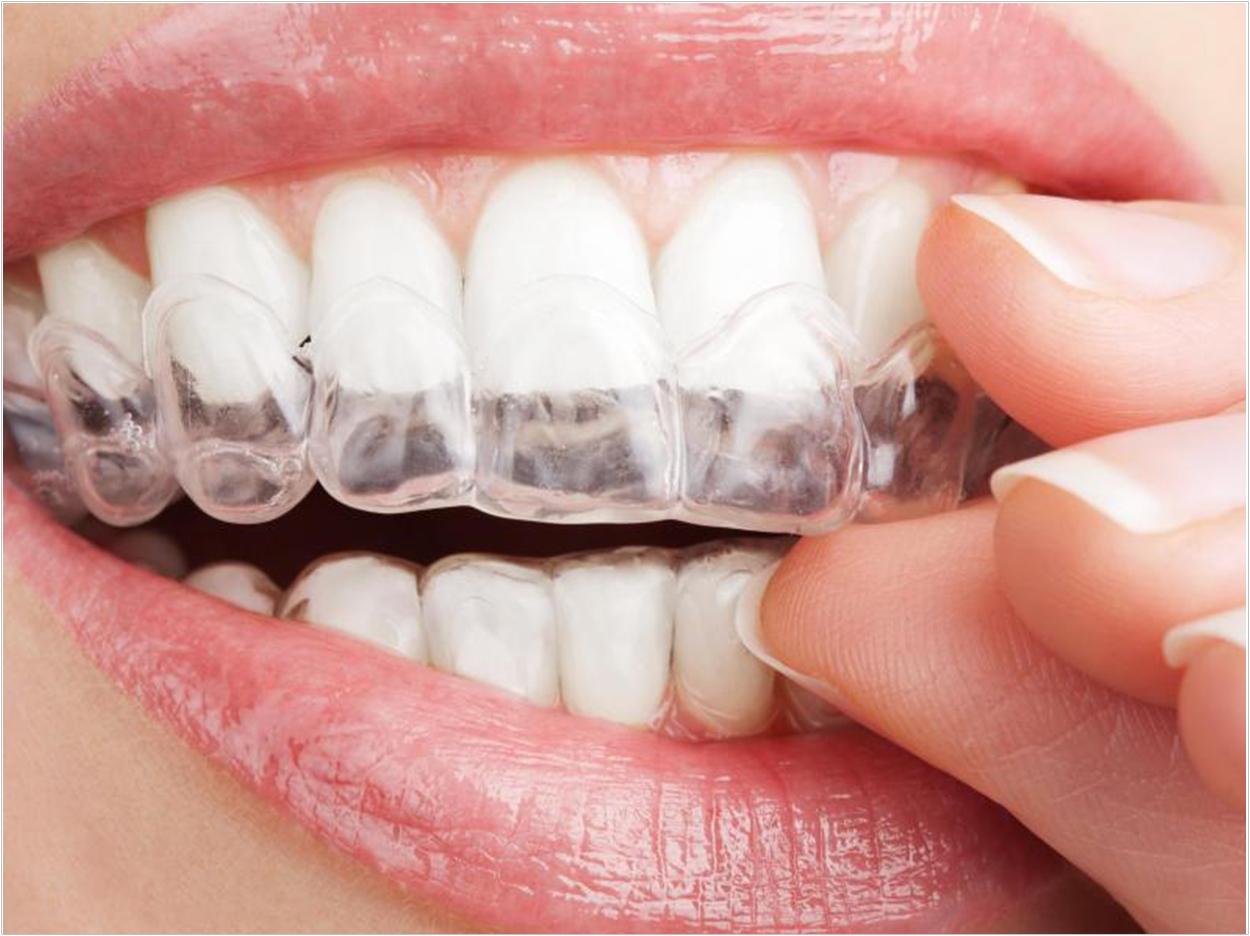
A new ADA policy “strongly discourages the practice of direct to the consumer (DTC) dental laboratory services because of the potential for irreversible harm to patients.” The policy expands upon a 2017 ADA policy entitled “Do-It-Yourself Teeth Straightening” to include the sale or partial dentures, teeth whitening trays, snoring appliances, veneers, and mouth guards in addition to DTC orthodontic services.
The traditional role of a dental laboratory is to manufacture prosthetics and devices at the direction of the dentist, who writes a prescription to the laboratory customized to the clinical needs of the patient citing the materials to be used and any special design features requested. But some laboratories recently have offered to sell such products directly to consumers.
Bypassing the involvement and oversight of the dentist eliminates the dentist’s role in diagnosing oral health conditions, creating treatment plans to meet those needs, and safely managing treatment needs through the course of dental care, the ADA says. Self-delivered, unsupervised dental treatment, in the view of the ADA, creates the risk of damage and irreversible harm to patients.
By circumventing the involvement of a licensed dentist, patients lose a very important quality control checkpoint—their dentist—to ensure all aspects of their treatment are performed and are progressing in the best interests of the patient, the ADA says. This includes oversight of the manufacture of prosthetic devices, including disclosure of materials used and country of origin, ensuring they are to the satisfaction of both patient and dentist.
Moreover, the ADA adds, if consumers experience problems with a DTC manufactured dental prosthetic, their ability to resolve the situation is greatly impaired in the absence of a dentist who has prescribed the prosthetic device.
The ADA notes that the Food and Drug Administration considers dental prosthetics such as aligners, partial dentures, and snoring appliances medical devices, so consumers and healthcare professionals can use the MedWatch voluntary reporting form to improve safety by bringing attention to particular issues.
Finally, the ADA says that the dentist is ultimately responsible for the patient’s care and is the only individual licensed and qualified to accept responsibility for prosthetic care. By adopting this new policy, the ADA strongly discourages the practice of DTC dental laboratory services.
Related Articles
New Dangers Inherent in Home Teeth-Whitening Applications
ADA Urges Dentists to Support HPV Vaccine Use
Eight Invisalign Experience Locations Opening This Fall












